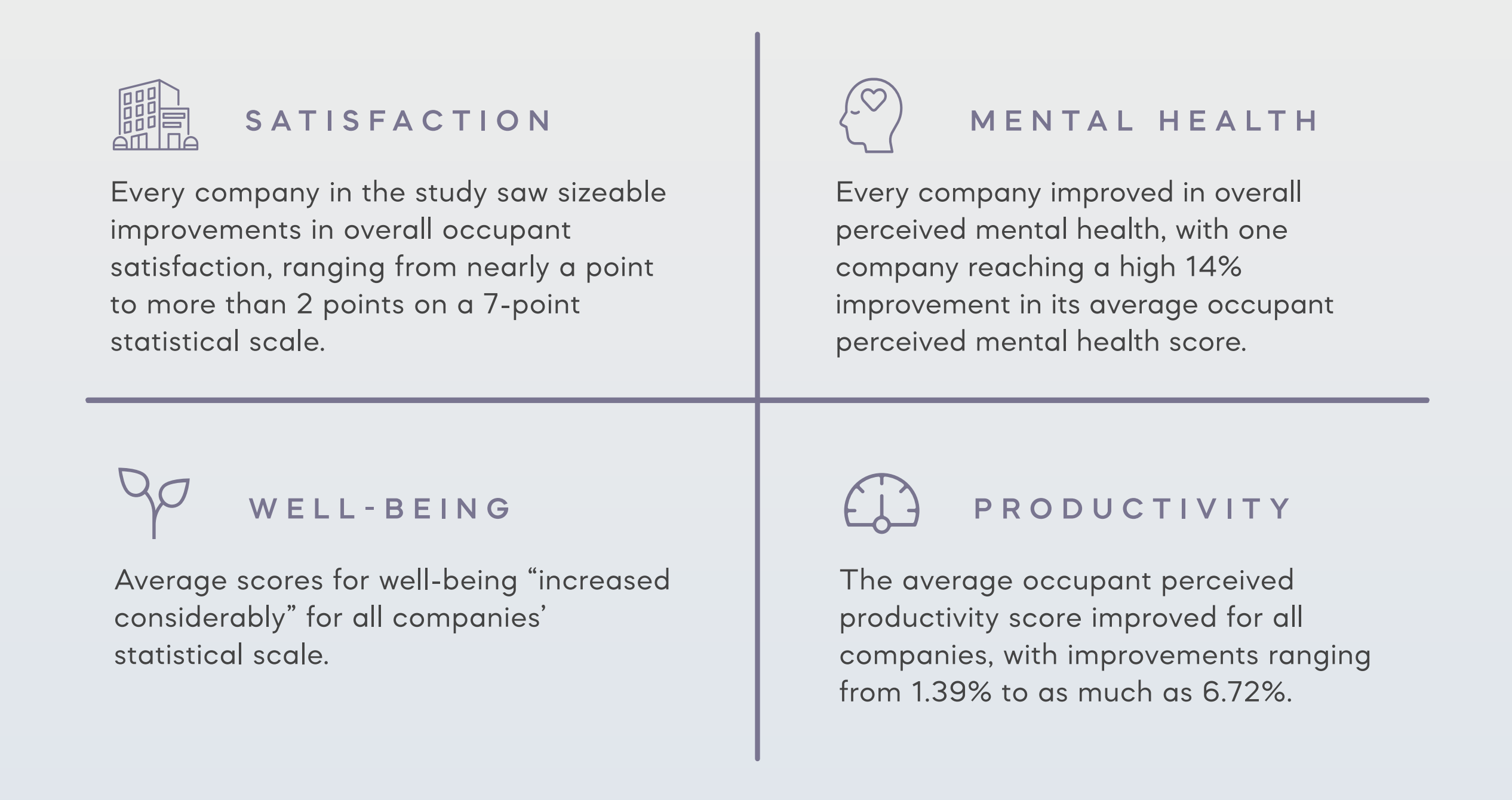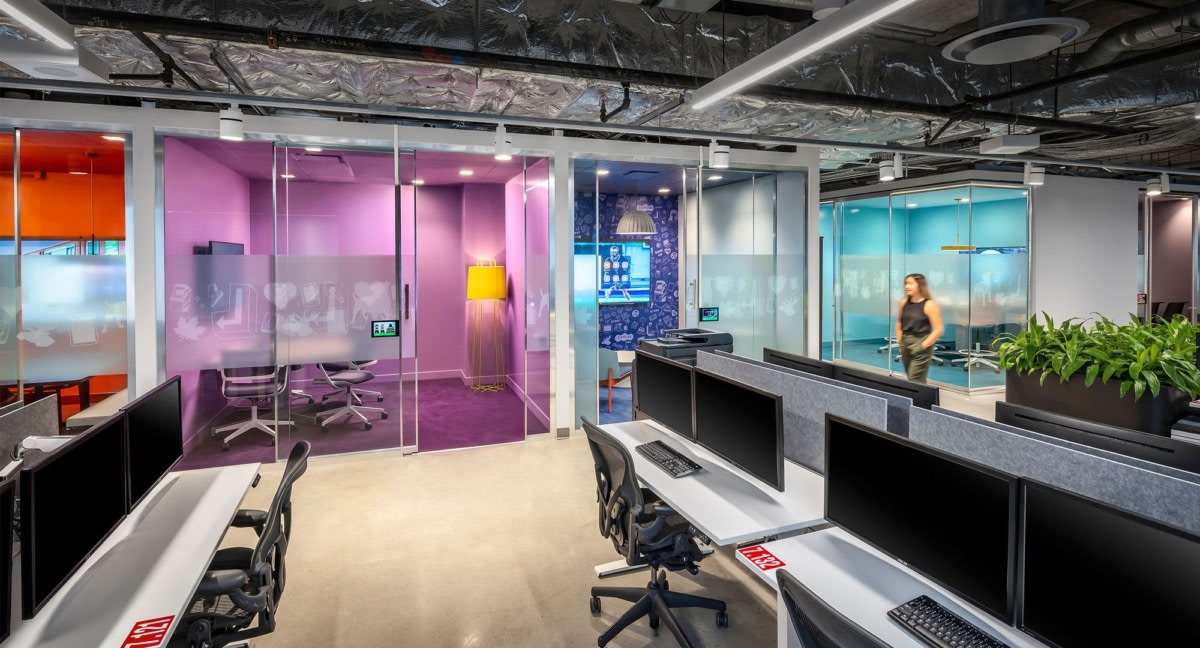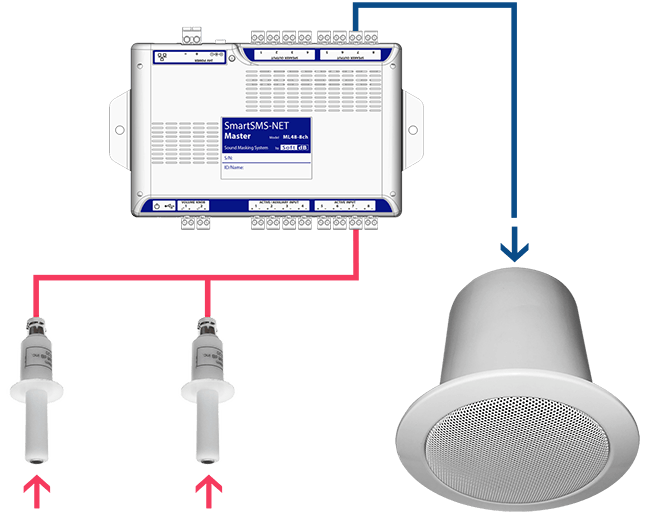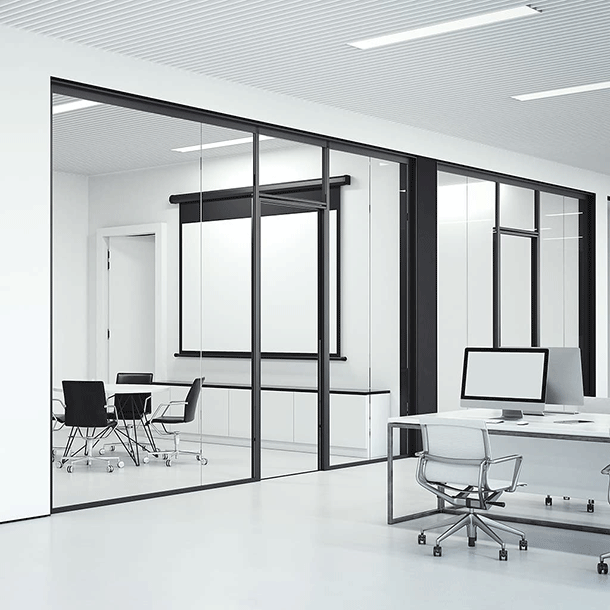In recent years, the discourse surrounding mental health in the workplace has intensified, highlighting the pivotal role of employee wellbeing in enhancing job performance. According to the International WELL Building Institute, implementing comprehensive health strategies across organizations not only boosts mental health and wellbeing among staff but also drives better performance and financial gains.
The research marks the importance of addressing mental health in the workplace, with findings indicating that WELL Certified spaces enhance overall workplace satisfaction by 30 percent and increase productivity and perceived mental health among employees. As Gen Z and millennials increasingly prioritize mental health, integrating solutions like sound masking into office designs becomes crucial in creating a supportive and inclusive environment.

Image Credits: wellcertified.com - The Well Factor
From the perspective of a sound masking manufacturer, it's essential to underscore how our products can play a vital role in this evolving workplace landscape. Sound masking systems are designed to seamlessly integrate into office environments, offering an innovative solution to improve acoustical privacy and reduce distractions. This technology is particularly pertinent for office managers, facility managers, architects, and interior designers who are at the forefront of creating spaces that support mental wellbeing and productivity.
The installation process of our sound masking systems is streamlined and unobtrusive, ensuring minimal disruption to daily operations. These systems can be easily integrated into existing or new office designs, making them an ideal choice for professionals looking to enhance workplace acoustics without major renovations.

Photo Credits: M Moser Associates and Zynga
A key feature of our sound masking technology is its adaptive volume control, which intelligently adjusts the sound levels in real-time to the ambient noise conditions of the office. This adaptability ensures that the masking sound is always at the optimal level to mask conversations and noise, thereby reducing the cognitive load on employees. The result is a more serene and focused work environment that can significantly contribute to reducing stress and anxiety among employees, which is particularly important for the well-being of younger generations who now make up a substantial portion of the workforce.

For facility managers, embracing sound masking technology signifies a commitment to improving the mental health and wellbeing of employees. By focusing on creating acoustically comfortable and psychologically safe spaces, we can support the development of stigma-free, inclusive, and empathy-led workplaces. This approach not only benefits the mental health of employees but also contributes to the overall success and resilience of organizations in these changing times.



